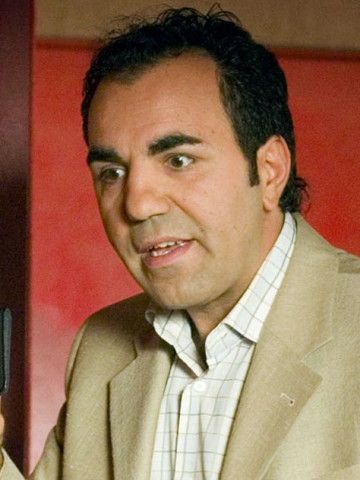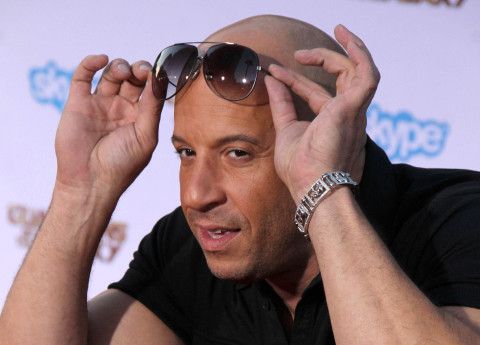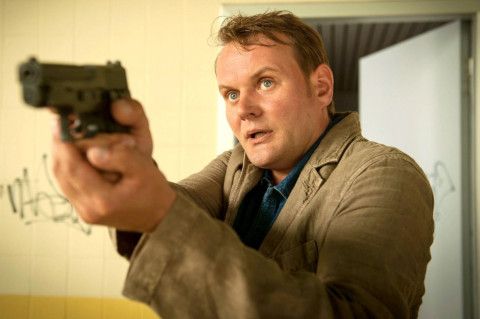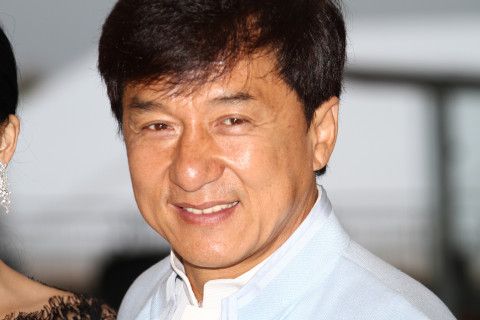Fake or Fortune?
Kultur, Kunst + Kultur •
10.10.2024 • 21:00 - 22:00
Originaltitel
Fake or Fortune
Produktionsland
GB
Produktionsdatum
2024
Kultur, Kunst + Kultur
The team take on an entertaining new challenge when they plunge into the fast-growing market for rock music memorabilia. Can they prove that a curious silver guitar once belonged to Ronnie Wood of The Rolling Stones - and could a baby grand piano now owned by 90s pop star Chesney Hawkes have once belonged to John Lennon of The Beatles? It's an investigation that leads them to some colourful characters from the 1970s music scene, but with memories very hazy in the era of The Beatles and The Stones, can the team get any closer to the truth? The first instrument is a baby grand piano currently owned by pop star Chesney Hawkes, most famous for his global smash hit I Am the One and Only. The family story says that the piano was originally acquired by Chesney's father, musician Len Hawkes, from John Lennon's Berkshire home, Tittenhurst Park, where he wrote and recorded his solo album Imagine. Chesney has always believed it to be Lennon's piano, but without concrete proof, it remains just a family story. The second instrument is a Hawaiian steel guitar called Silver Queen, in a case decorated with a moon and stars motif. It belongs to sisters Niki and Kerry, whose father worked as a gardener and handyman for Rolling Stones guitarist Ronnie Wood in the 1970s. They were always told that their father was given the instrument when Ronnie left the UK, and they believe that it was played by him. But just like Chesney, all they have is a family story, and all previous attempts to get clarity from Ronnie Wood have been unsuccessful. After meeting the owners, Philip begins the investigation by finding out exactly how we can prove these items are the real deal. He meets Claire Tole-Moir, head of popular culture sales at Bonhams auction house, and she explains the levels of proof needed to establish authenticity - and the range of potential values, depending on how they can be connected to their famous owners. At the same time, Fiona begins to delve into the archives. She discovers that the piano was made by Broadwood and Sons, whose records stretch back to the 1700s. There is a serial number engraved on the piano, and by cross-referencing this with the archives, she's able to see that the piano was made in 1901 and sold to a Miss E Hassell. But who was she, and does she have a link to Tittenhurst Park and the Lennon family? Philip continues investigating the guitar, meeting the CEO of Rickenbacker, the firm who first manufactured the distinctive silver Hawaiian steel guitars. Further leads come from guitar historian Keith Smart, who offers the theory that the Silver Queen might actually have belonged to Rolling Stones guitarist Keith Richards instead. Back on the trail of the piano, Fiona tracks down studio engineer Mike O'Donnell and artist Dan Richter, two men who spent years in and around Tittenhurst Park, to ask whether they have any memories of the instrument. Did they ever see Lennon playing it, and can they confirm that the piano was even on site and that the Hawkes family story is true? As the team gather evidence and search for the truth, an approach is made to The Rolling Stones, and Claire Tole-Moir returns to give her verdict on the case for Chesney's piano.
Film-Archiv

Thelma – Rache war nie süßer
Abenteuer • 2024

Twisters
Actionthriller • 2024
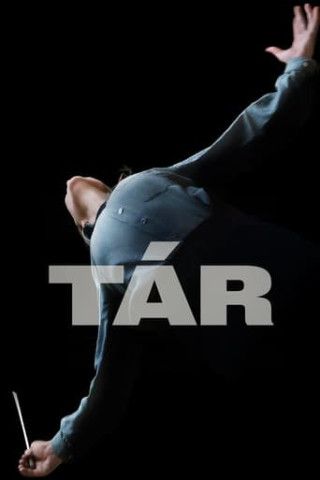
"Tár"
Drama • 2022
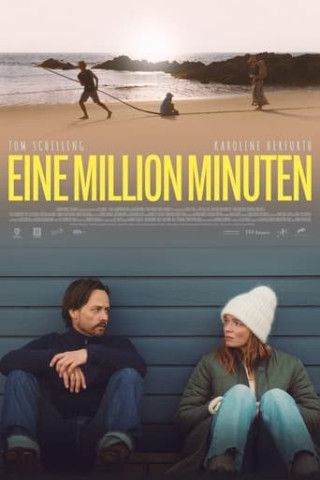
Eine Million Minuten
Drama • 2024

The Creator
Scifi-Action • 2023
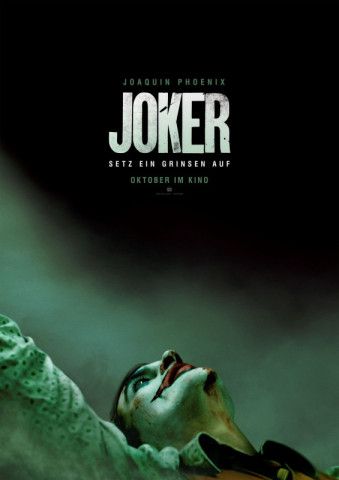
Joker
Thriller • 2019

Wo die Lüge hinfällt
Komödie • 2023

Arthur der Große
Drama • 2024
Alles steht Kopf
Spielfilm • 2015
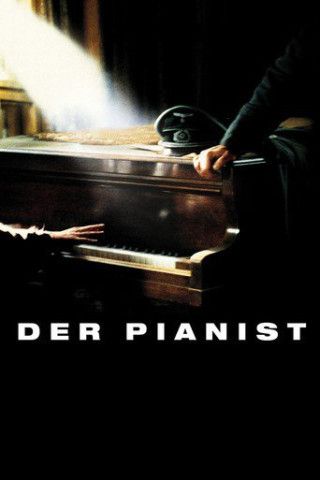
Der Pianist
Drama • 2002
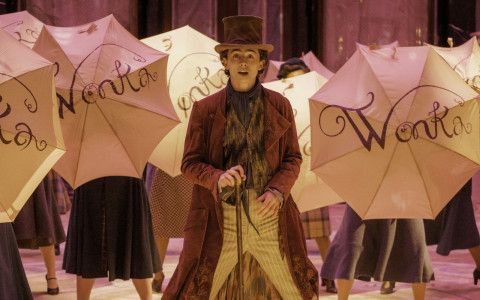
Wonka
Komödie • 2023

Türkisch für Anfänger
Komödie • 2012

No Hard Feelings
Komödie • 2023

Deadpool & Wolverine
Sciencefiction-Komödie • 2024



